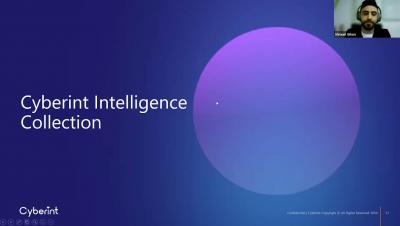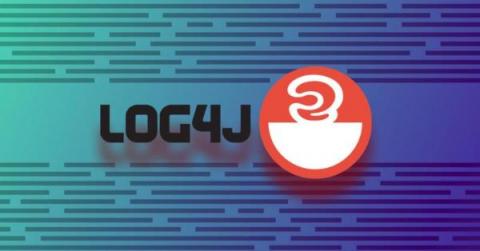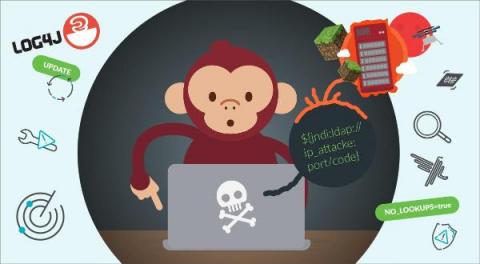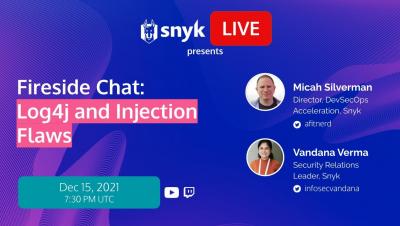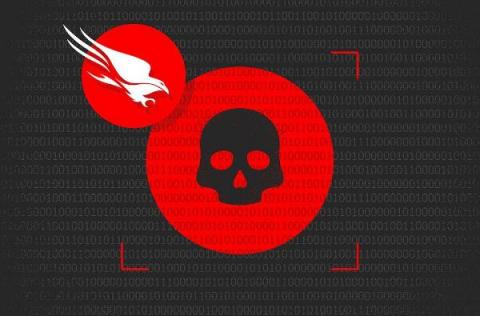Security | Threat Detection | Cyberattacks | DevSecOps | Compliance
Vulnerability
Webinar: Log4Shell Explained
How to Keep Your Data Secure in Light of Apache Log4j Vulnerabilities
In quick succession in December, The Apache Software Foundation released information on two critical vulnerabilities in its Log4j Java-based library. The first vulnerability CVE-2021-44228, also known as Log4Shell or LogJam, was reported as an unauthenticated remote code execution (RCE) vulnerability. By exploiting how the library logs error messages, it could lead to a complete system takeover.
Log4Shell in a nutshell (for non-developers & non-Java developers)
If you’re in tech at all, you’ve likely heard of the Log4Shell exploit taking over the Intertubes. If you’re not a Java developer (or developer of any sort), you may be left scratching your head as to just what’s going on. This post is split into two parts: an explanation of Log4Shell for non-developers and an overview of the Log4Shell vulnerability for non-Java developers.
Exploiting, Mitigating, and Detecting CVE-2021-44228: Log4j Remote Code Execution (RCE)
A new critical vulnerability has been found in log4j, a widely-used open-source utility used to generate logs inside java applications. The vulnerability CVE-2021-44228, also known as Log4Shell, permits a Remote Code Execution (RCE) allowing the attackers to execute arbitrary code on the host. The log4j utility is popular and used by a huge number of applications and companies, including the famous game Minecraft.
Log4Shell: What You Need to Know About the Log4j Vulnerability
Survey Underscores Challenges Companies Face in Managing Vulnerabilities
Fireside Chat: Log4j and Injection Flaws
Press information: Crowdsource hacker first to find Zero-Day CVE-2021-43798 in Grafana
The vulnerability, dubbed CVE-2021-43798 impacted the Grafana dashboard, which is used by companies around the world to monitor and aggregate logs and other parameters from across their local or remote networks. The privately reported bug became a leaked zero-day but was first spotted by Detectify Crowdsource hacker Jordy Versmissen on December 2, after which Grafana was notified by Detectify about the bug.
How CrowdStrike Protects Customers from Threats Delivered via Log4Shell
Recent CrowdStrike Intelligence team findings regarding the Log4Shell (CVE-2021-44228, CVE-2021-45046) vulnerabilities indicate wide-ranging impact. CrowdStrike helps protect customers from threats delivered via this vulnerability using both machine learning and indicators of attack (IOAs).



